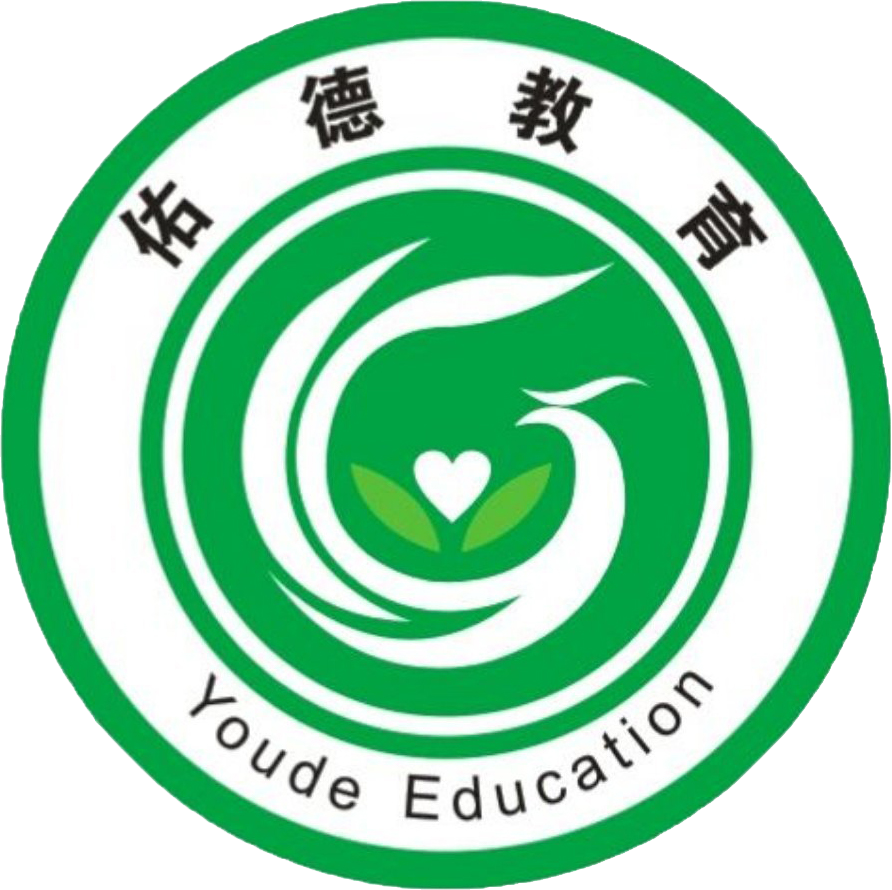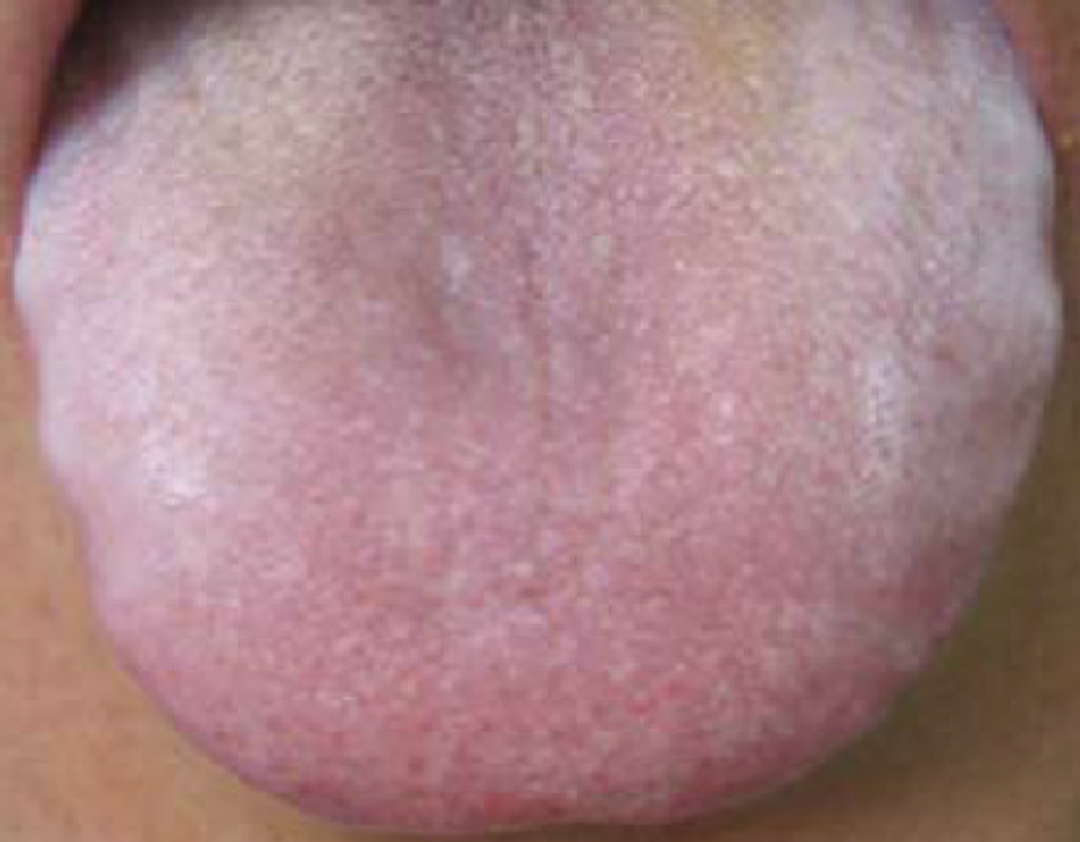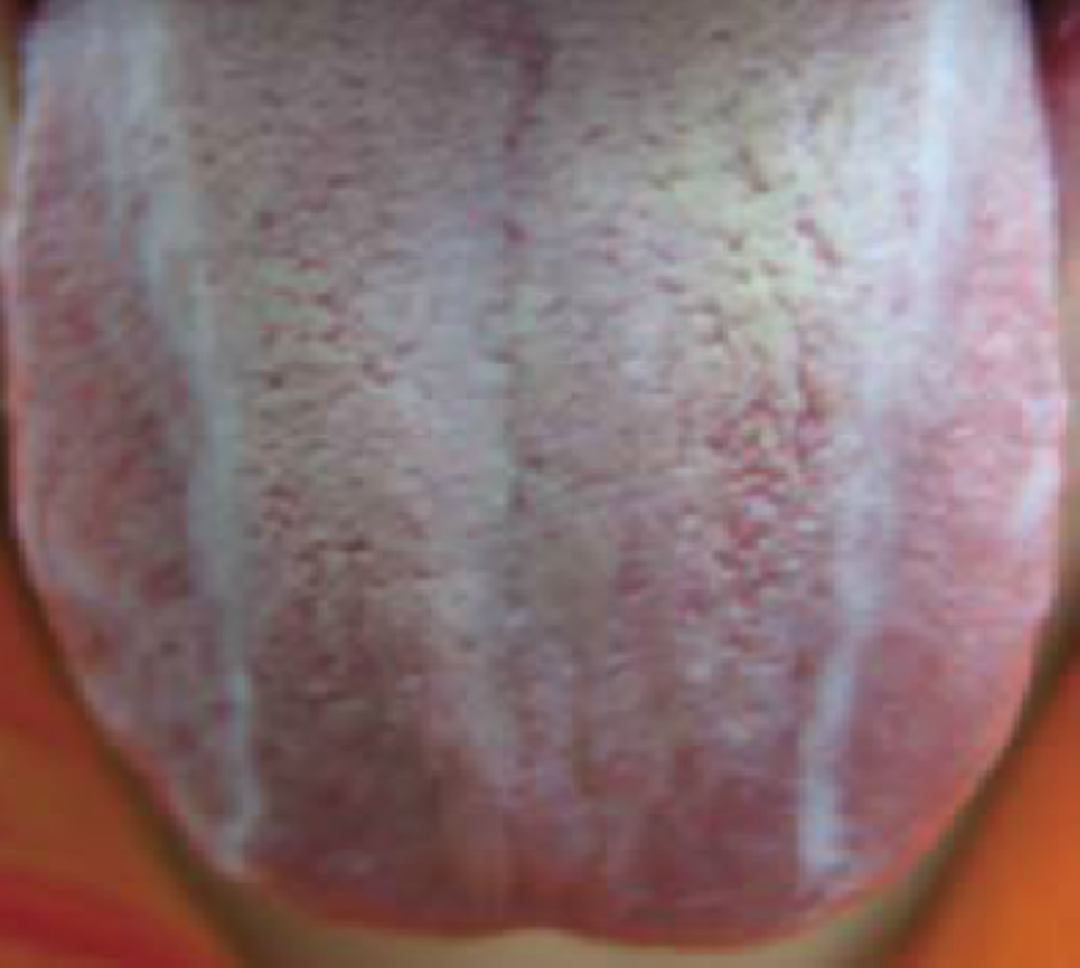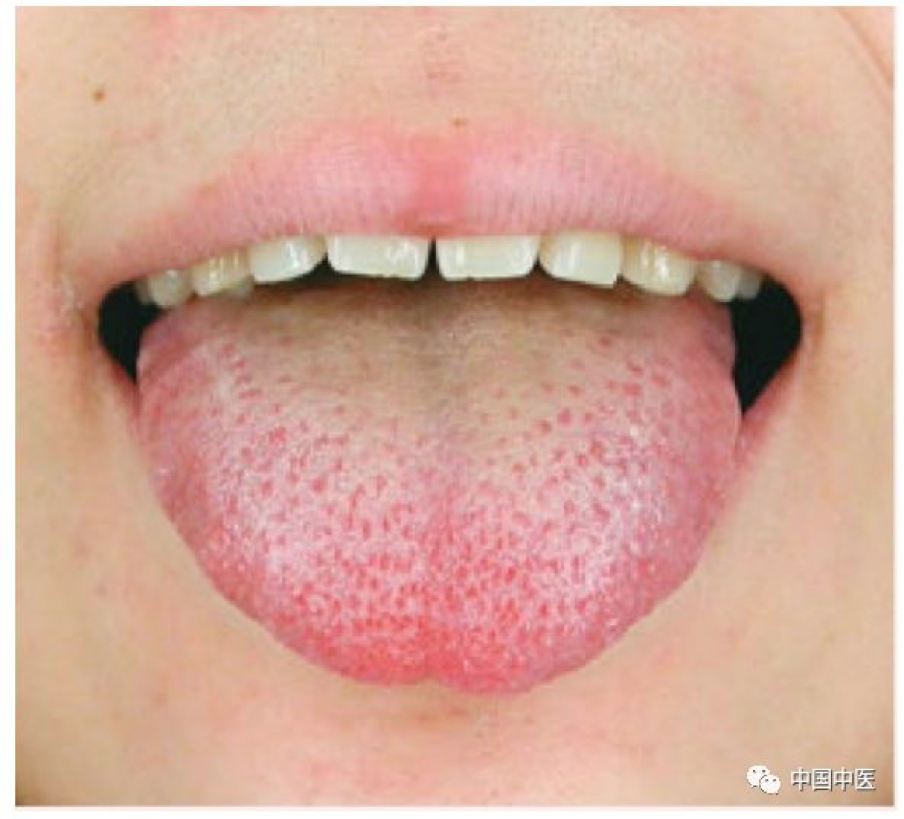
Respect Life, Cultivate Virtue“Diagnosis and Treatment” – Tongue Diagnosis: Phlegm-Damp Constitution The phlegm-damp constitution refers to a condition where the body’s organ functions are disordered, leading to the disruption of the movement of qi, blood, and body fluids, resulting in the accumulation of dampness and phlegm. This condition is often characterized by a corpulent body shape, fullness in the abdomen, chest tightness, excessive phlegm, easy fatigue, a heavy sensation in the body, a preference for rich and fatty foods, and a large tongue with a white, greasy coating. It is commonly caused by invasion of cold dampness, irregular diet, congenital factors, aging, chronic illness, and lack of exercise. Symptoms may vary depending on the location of phlegm-damp accumulation, with a tendency to suffer from conditions such as diabetes, stroke, and chest obstruction, and poor adaptability to rainy and humid environments. The primary treatment principle is to dry dampness and transform phlegm, while also focusing on improving the phlegm-damp constitution to prevent the occurrence of phlegm-damp diseases.
The phlegm-damp constitution refers to a condition where the body’s organ functions are disordered, leading to the disruption of the movement of qi, blood, and body fluids, resulting in the accumulation of dampness and phlegm. This condition is often characterized by a corpulent body shape, fullness in the abdomen, chest tightness, excessive phlegm, easy fatigue, a heavy sensation in the body, a preference for rich and fatty foods, and a large tongue with a white, greasy coating. It is commonly caused by invasion of cold dampness, irregular diet, congenital factors, aging, chronic illness, and lack of exercise. Symptoms may vary depending on the location of phlegm-damp accumulation, with a tendency to suffer from conditions such as diabetes, stroke, and chest obstruction, and poor adaptability to rainy and humid environments. The primary treatment principle is to dry dampness and transform phlegm, while also focusing on improving the phlegm-damp constitution to prevent the occurrence of phlegm-damp diseases.

“
How is phlegm-damp formed?
”A few years ago, a survey indicated that the phlegm-damp constitution is particularly prevalent in the Lingnan region of our country, accounting for almost half of the population. What is the reason for this? It is due to the geographical features of Lingnan, which is bordered by the ocean to the south and the Wuling Mountains to the north, resulting in a climate that is hot and humid, with high temperatures and heavy moisture. The characteristics of the Lingnan population include excessive sweating, a love for swimming and bathing, and a preference for cold foods, seafood, and other damp or greasy items. These factors are the source of the high incidence of phlegm-damp in this population. This is also the reason for the formation of the phlegm-damp constitution. Traditional Chinese Medicine (TCM) believes that congenital endowment, postnatal influences, and organ dysfunction are all factors in the formation of constitution. Genetic factors are naturally a primary cause, while long-term residence in a humid environment, exposure to rain and water, and poor dietary habits can also lead to the accumulation of phlegm-damp in the body. Overeating, excessive consumption of rich and greasy foods, a preference for cold drinks, living in damp conditions, irregular sleep patterns, and staying up late are all postnatal factors that influence this condition. The lungs are considered the “reservoir of phlegm,” the spleen is the “source of phlegm,” and the kidneys are the “root of phlegm.” When the lungs fail to disperse and descend, or the spleen fails to transport and transform, or there is insufficient kidney yang, it leads to organ dysfunction and obstruction of movement, resulting in the stagnation of dampness and phlegm. “
Manifestations of Phlegm-Damp Constitution
”1. Body shape is relatively plump, with soft muscles Individuals with a phlegm-damp constitution often exhibit a plump body shape due to the obstruction caused by phlegm and dampness, which fills the limbs and leads to stagnation of qi. The spleen’s inability to transport and transform results in a bloated appearance, and when you pinch their flesh, it feels soft like cotton. 2. Oily skin with noticeable grease In TCM, it is said that internal conditions manifest externally. Individuals with this constitution often show signs of phlegm-heat accumulation. Heat is a yang pathogen that is active and tends to expand outward, causing dampness to surface, resulting in oily skin, seborrheic dermatitis, and seborrheic alopecia, all of which are associated with phlegm-damp. 3. Mental confusion, either depressed or overly excited In a broad sense, phlegm travels with qi and can affect the “heart orifices” (referred to as “phlegm obstructing the heart orifices”). TCM believes that the “heart” governs the blood vessels and spirit, serving as the “organ of thought.” Together, these describe the heart’s physical and functional aspects. The former refers to the heart qi (yang) driving blood circulation, while the latter refers to cognitive activity. “Phlegm-qi obstructing the heart” means that phlegm and turbidity can disrupt brain function, leading to symptoms of depression or excitement, but this is different from mental illness. 4. Frequent vomiting of phlegm and saliva, or gurgling sounds in the stomach, sticky mouth, dislike of drinking water, and sticky stools Phlegm-damp in the stomach and intestines disrupts the stomach’s ability to harmonize and descend, leading to a constant urge to vomit or gurgling sounds in the stomach. Stools are also wet and sticky. Clinically, these symptoms are often diagnosed as gastrointestinal neurosis, and TCM treatments using warming and phlegm-transforming herbs, along with liver-soothing and spleen-strengthening methods, often yield quick results. 5. Chest tightness and shortness of breath, with a tendency to sigh, worsened on rainy days Phlegm-damp and turbidity can obstruct heart yang, leading to stagnation of yang qi and causing a feeling of tightness in the chest. 6. Presence of ulcers, eczema, or chronic non-healing wounds that ooze 7. Presence of lumps or nodules in the body Once phlegm-damp accumulates, it can obstruct the flow of qi, leading to the formation of lumps or nodules, such as uterine fibroids, breast nodules, thyroid nodules, and lung nodules. As qi flows through the body, wherever phlegm stagnates, disease manifests. “
Tongue Manifestations of Phlegm-Damp Constitution
”1. Pale, swollen tongue with a white, greasy coating  The tongue is pale, with a white, greasy coating and tooth marks on the edges, indicating a swollen tongue. This tongue manifestation is often due to spleen dysfunction, leading to internal phlegm and turbidity, which obstructs the clear orifices. Individuals with this tongue manifestation are usually overweight, have yang deficiency, and often feel heaviness and fatigue in the lower limbs, abdominal distension, and loose stools. 2. Fat, tender tongue with a thick, yellow greasy coating The tongue is pale, moist, and appears swollen and tender. This tongue manifestation indicates excessive cold dampness, with tooth marks on the edges, generally due to spleen deficiency that cannot transform water and dampness, leading to a swollen tongue. If there is a thick, yellow greasy coating in the center with cracks, it indicates that long-term spleen deficiency and dampness have transformed into heat, often accompanied by bad breath.
The tongue is pale, with a white, greasy coating and tooth marks on the edges, indicating a swollen tongue. This tongue manifestation is often due to spleen dysfunction, leading to internal phlegm and turbidity, which obstructs the clear orifices. Individuals with this tongue manifestation are usually overweight, have yang deficiency, and often feel heaviness and fatigue in the lower limbs, abdominal distension, and loose stools. 2. Fat, tender tongue with a thick, yellow greasy coating The tongue is pale, moist, and appears swollen and tender. This tongue manifestation indicates excessive cold dampness, with tooth marks on the edges, generally due to spleen deficiency that cannot transform water and dampness, leading to a swollen tongue. If there is a thick, yellow greasy coating in the center with cracks, it indicates that long-term spleen deficiency and dampness have transformed into heat, often accompanied by bad breath. 3. Very greasy, thick tongue coating with a red tongue body
3. Very greasy, thick tongue coating with a red tongue body  If a person’s tongue has a very greasy, white, and thick coating, or has started to turn yellow, and the tongue body is red, it indicates internal heat due to an excess of nutrients that cannot be transformed into heat. Individuals with this tongue manifestation should not supplement their bodies further. Some may feel fatigued and drowsy, mistakenly believing they have kidney deficiency, and rush to tonify the kidneys, which can lead to increased heat and various health issues. Individuals with a phlegm-damp constitution should focus on clearing phlegm-damp from the body. “
If a person’s tongue has a very greasy, white, and thick coating, or has started to turn yellow, and the tongue body is red, it indicates internal heat due to an excess of nutrients that cannot be transformed into heat. Individuals with this tongue manifestation should not supplement their bodies further. Some may feel fatigued and drowsy, mistakenly believing they have kidney deficiency, and rush to tonify the kidneys, which can lead to increased heat and various health issues. Individuals with a phlegm-damp constitution should focus on clearing phlegm-damp from the body. “
Regulating Phlegm-Damp Constitution
”
Individuals with a phlegm-damp constitution often experience symptoms such as coughing, asthma, excessive phlegm, dizziness, gastrointestinal discomfort, and vomiting, and are prone to chronic bronchitis, bronchial asthma, pulmonary emphysema, arteriosclerosis, chronic gastritis, chronic enteritis, and obesity. Therefore, individuals with this constitution can use warming and drying phlegm-transforming herbs for nourishment. Let’s take a look at which herbs are suitable.
1. There are many causes for the formation of this constitution, including congenital factors and postnatal influences. Postnatal factors mainly include a long-term preference for salty foods and excessive consumption of cold and raw foods, such as frequently enjoying cold drinks in summer, so attention should be paid to these aspects.
2. Suitable herbs include Shen Ling Bai Zhu San (Ginseng and Atractylodes Powder), Chen Pi Liu Jun Wan (Six Gentlemen Decoction), and detoxifying beauty capsules. However, the most important aspect is to focus on exercise and a light diet. Light foods are effective in breaking down accumulated phlegm and other substances, and consuming light foods reduces the risk of internal heat.
3. Herbs such as Long Dan Cao (Gentian), Huang Qin (Scutellaria), Zhi Zi (Gardenia), Ze Xie (Alisma), Mu Tong (Akebia), Che Qian Zi (Plantago), Sheng Di (Rehmannia), Dang Gui (Angelica), Chai Hu (Bupleurum), and Gan Cao (Licorice) also have good effects. These herbs can be consumed alone or combined with other foods to enhance their efficacy.
4. Additionally, there are many dietary considerations. For example, it is advisable to consume more light foods such as sesame, glutinous rice, honey, dairy products, sugarcane, and fish, while minimizing or avoiding pungent foods such as scallions, ginger, garlic, leeks, and peppers. Avoiding these foods is beneficial for regulating the body.
In addition to the above, it is important to avoid excessive alcohol, dairy products, and cold beverages in daily life. Only by controlling the diet and gradually regulating the body can one hope to achieve better health. I hope these suggestions are helpful.

Thank you for your choice and persistence in Traditional Chinese Medicine!
【中医诊断学】气郁体质的人舌象是什么样子?【中医诊断学】阴虚体质的人舌象是什么样子?【中医诊断学】阳虚体质的人舌象是什么样子?【中医诊断学】血虚体质的人舌象是什么样子?【中医诊断学】血瘀体质的人舌象是什么样子?


